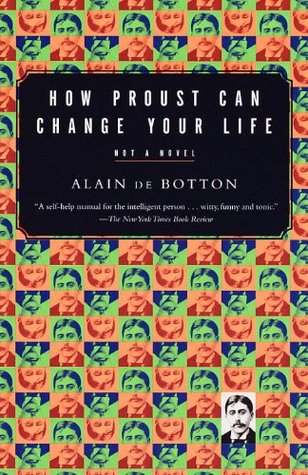More on this book
Community
Kindle Notes & Highlights
It becomes dangerous on the other hand, when, instead of awakening us to the personal life of the mind, reading tends to take its place, when the truth no longer appears to us as an ideal which we can realise only by the intimate progress of our own thought and the efforts of our heart, but as something material, deposited between the leaves of books like a honey fully prepared by others and which we need only take the trouble to reach down from the shelves of libraries and then sample passively in a perfect repose of mind and body.
This may seem a narrowly professional consideration, but it has wider relevance if one imagines that a good book might also stop us from thinking ourselves, because it would strike us as so perfect, as so inherently superior to anything our own minds could come up with. In short, a good book might silence us.
Whereas the essence of Proust’s aesthetic position was contained in the deceptively simple yet momentous assertion that “a picture’s beauty does not depend on the things portrayed in it.”
There is something eerie about driving into a town that has surrendered part of its claim to independent reality in favor of a role fashioned for it by a novelist who once spent a few summers there as a boy in the late nineteenth century.
It should not be Illiers-Combray that we visit: a genuine homage to Proust would be to look at our world through his eyes, not to look at his world through our eyes.
The moral? That there is no greater homage we could pay to Proust than to pass the same verdict on him as he passed on Ruskin—namely, that for all its qualities, his work must eventually also prove silly, maniacal, constraining, false and ridiculous to those who spend too long on it. To make [reading] into a discipline is to give too large a role to what is only an incitement. Reading is on the threshold of the spiritual life; it can introduce us to it: it does not constitute it. Even the finest books deserve to be thrown aside.


